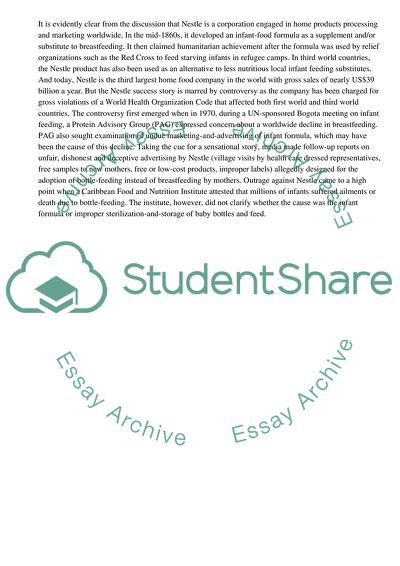Cite this document
(“Kantian and Utilitarian Theories and the Nestle Moral Issue Term Paper”, n.d.)
Kantian and Utilitarian Theories and the Nestle Moral Issue Term Paper. Retrieved from https://studentshare.org/business/1752921-business-ethics
Kantian and Utilitarian Theories and the Nestle Moral Issue Term Paper. Retrieved from https://studentshare.org/business/1752921-business-ethics
(Kantian and Utilitarian Theories and the Nestle Moral Issue Term Paper)
Kantian and Utilitarian Theories and the Nestle Moral Issue Term Paper. https://studentshare.org/business/1752921-business-ethics.
Kantian and Utilitarian Theories and the Nestle Moral Issue Term Paper. https://studentshare.org/business/1752921-business-ethics.
“Kantian and Utilitarian Theories and the Nestle Moral Issue Term Paper”, n.d. https://studentshare.org/business/1752921-business-ethics.


